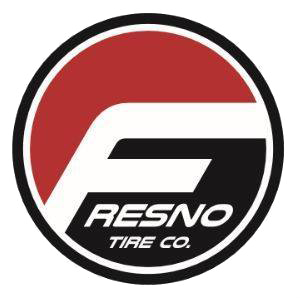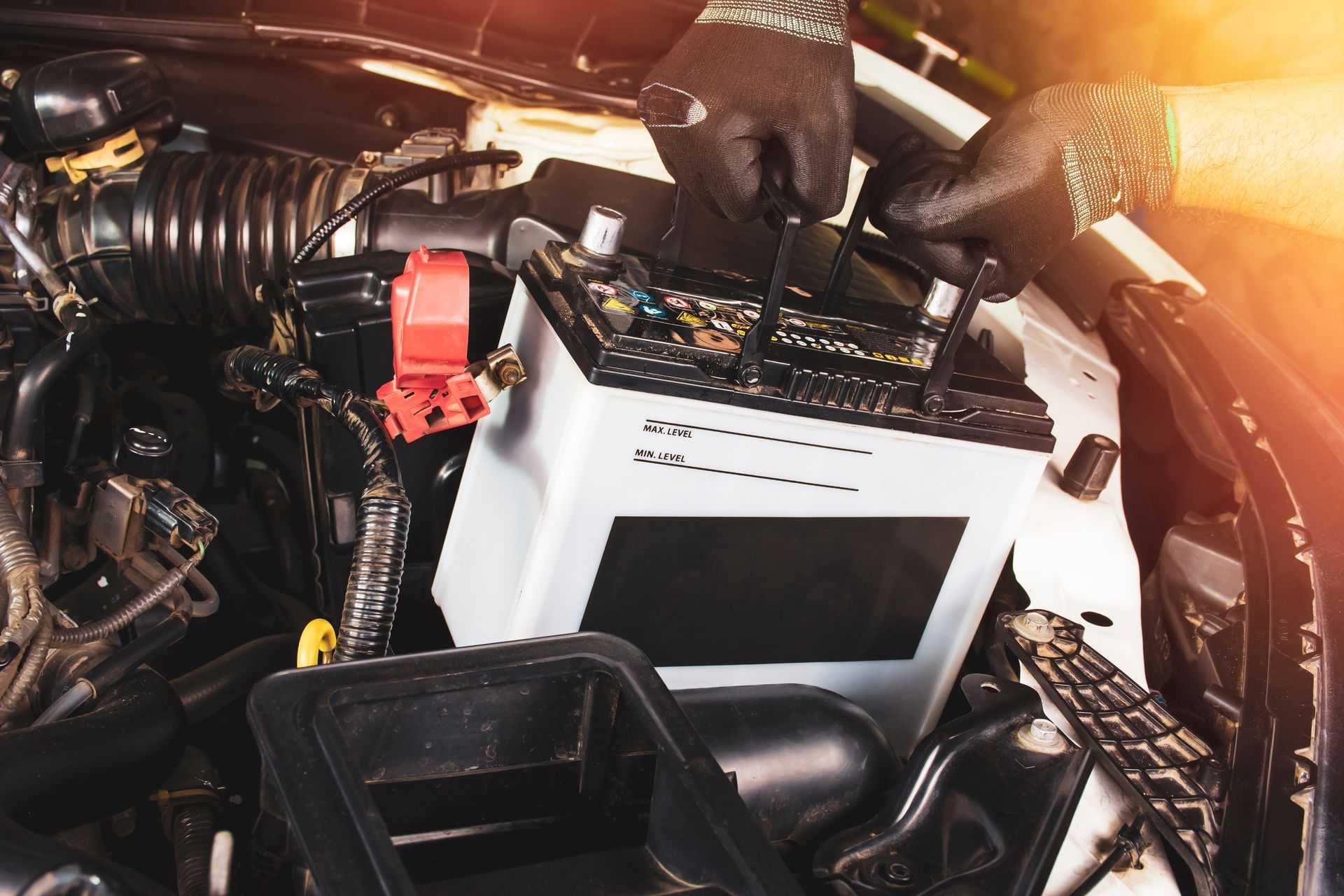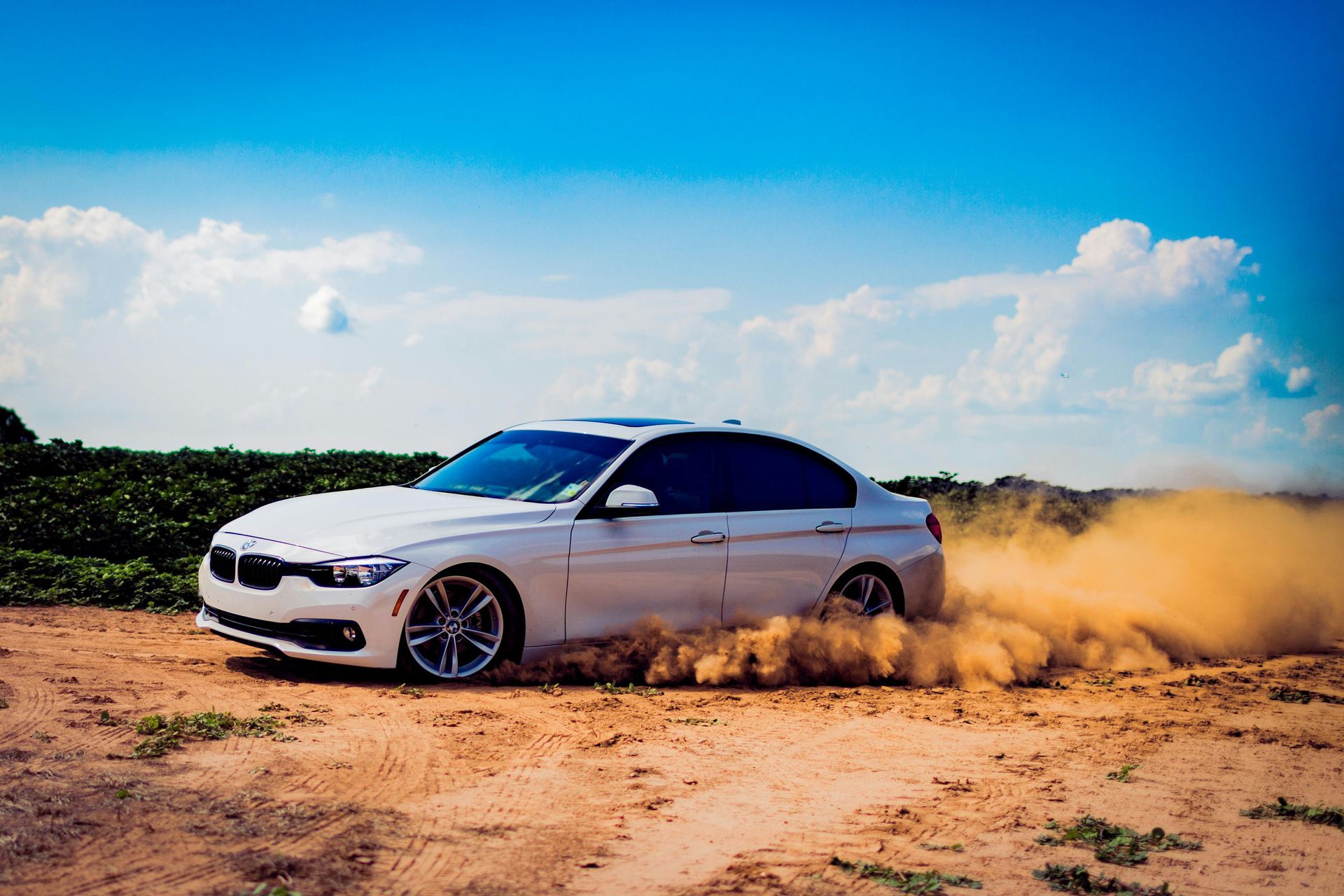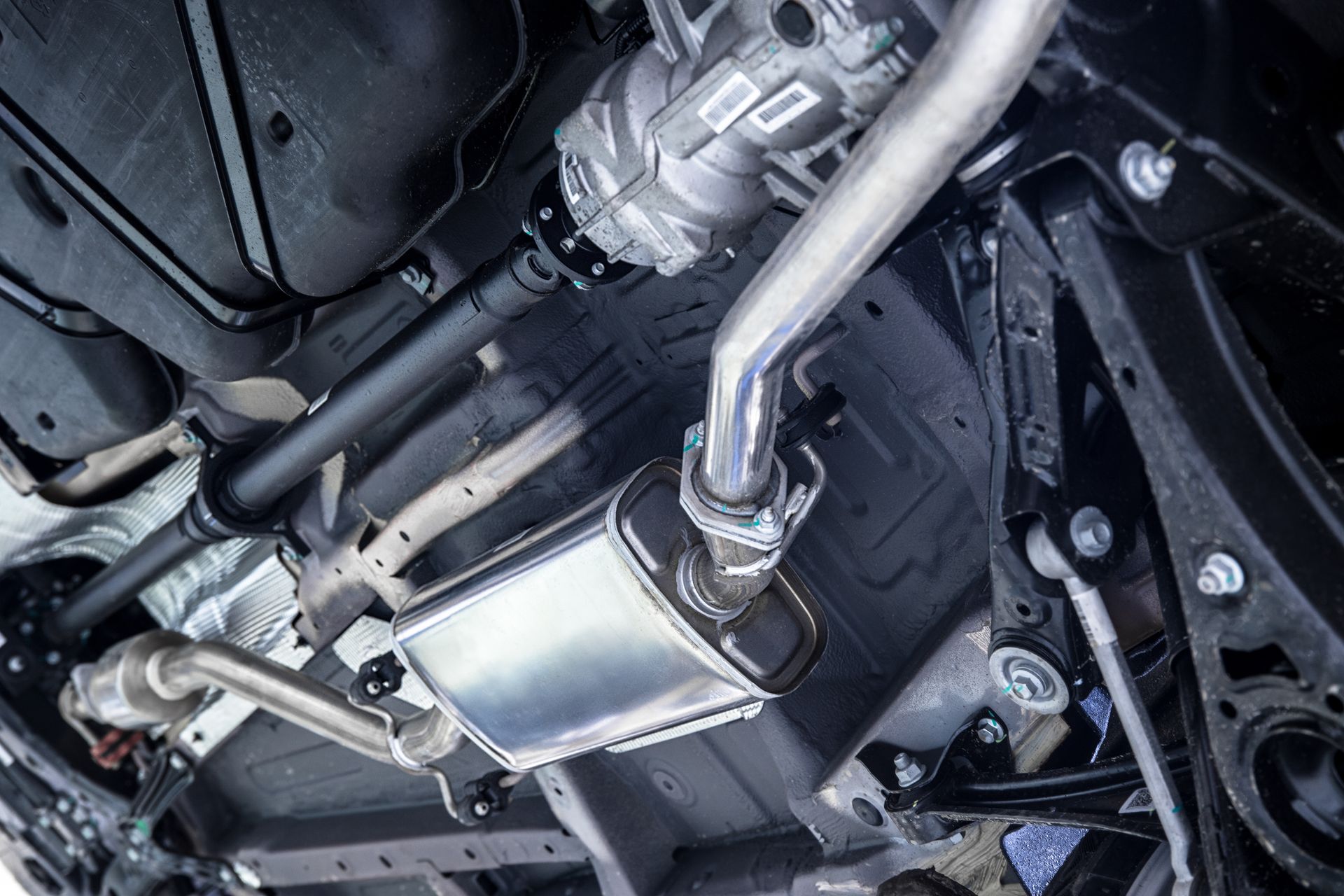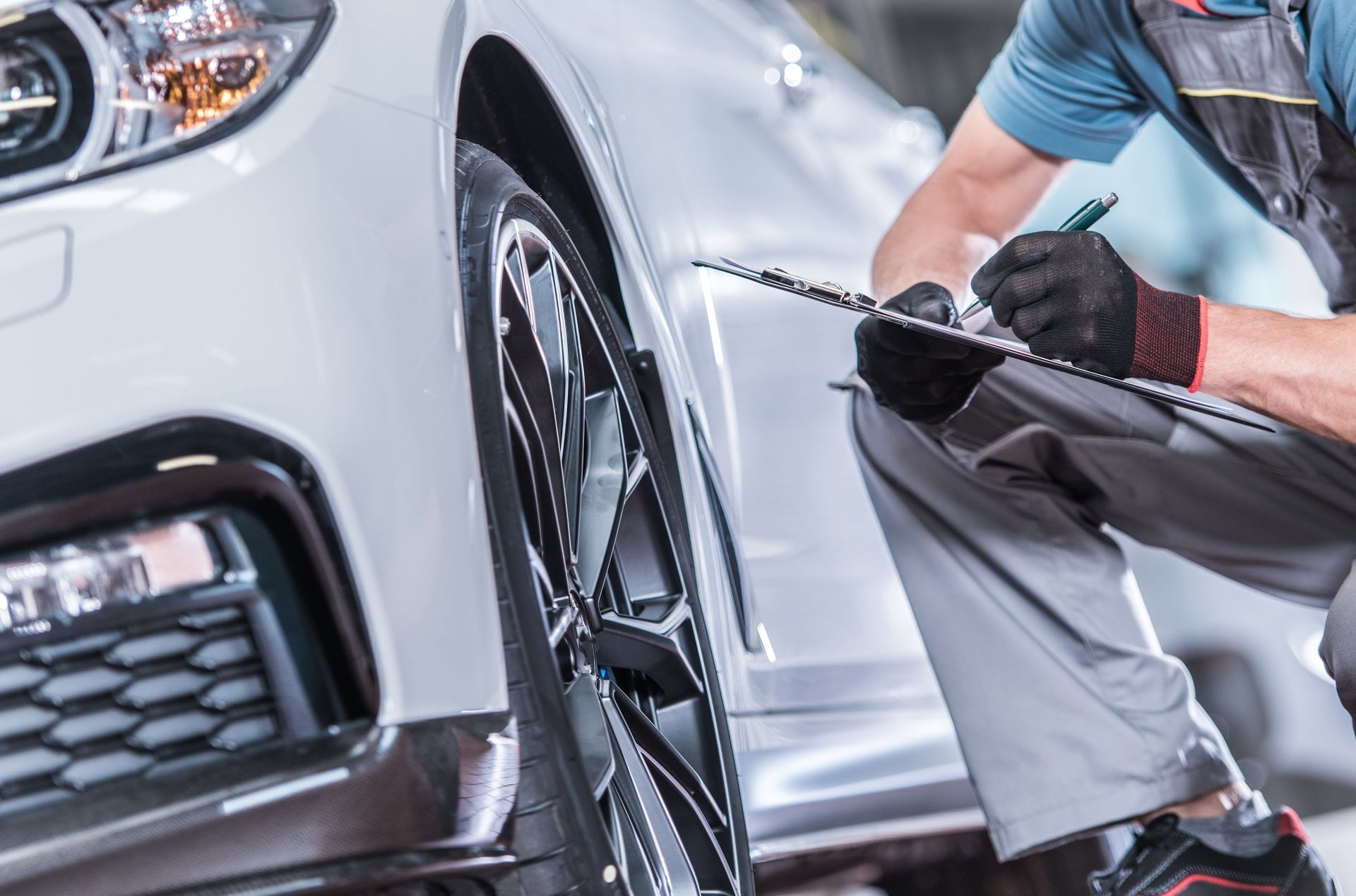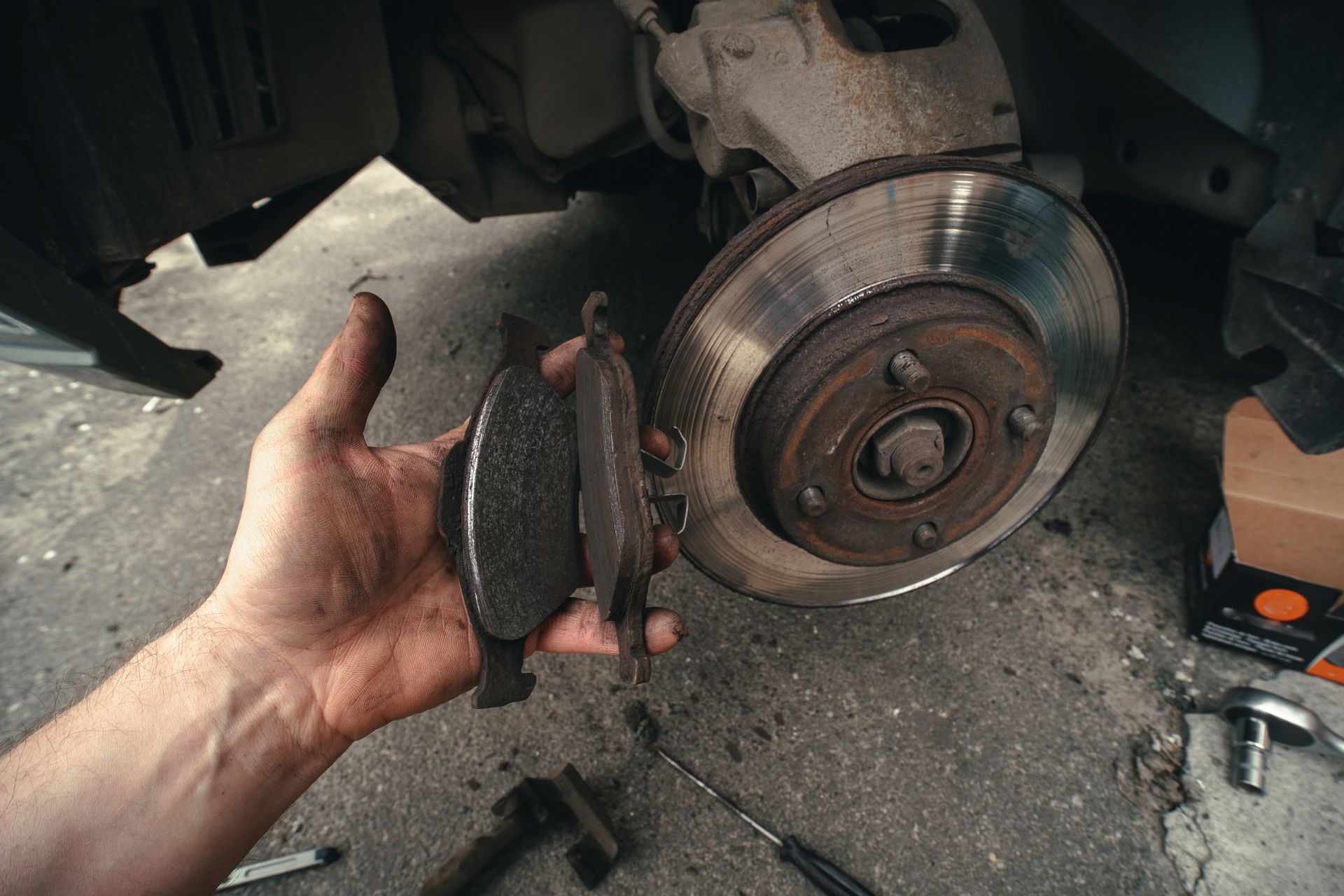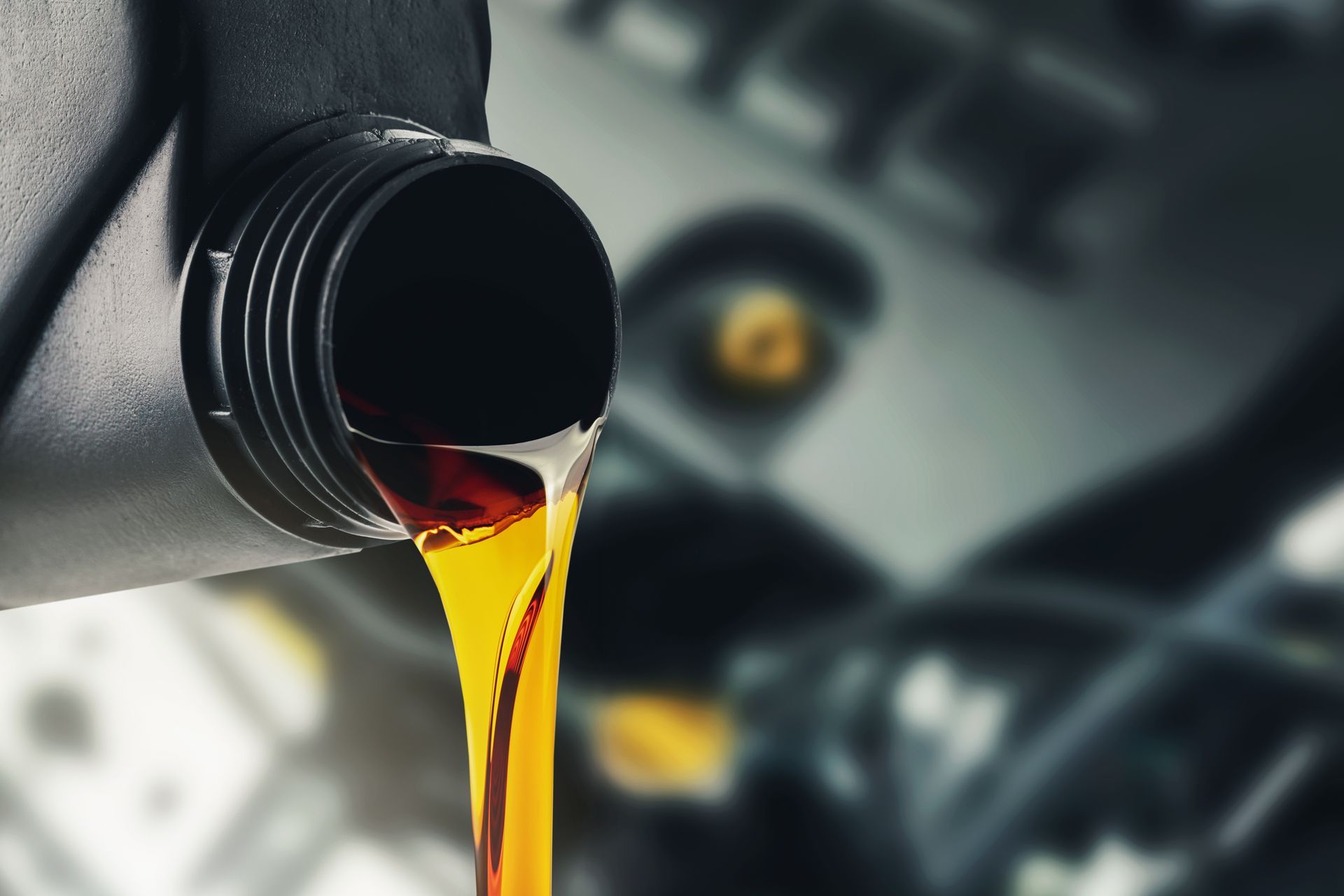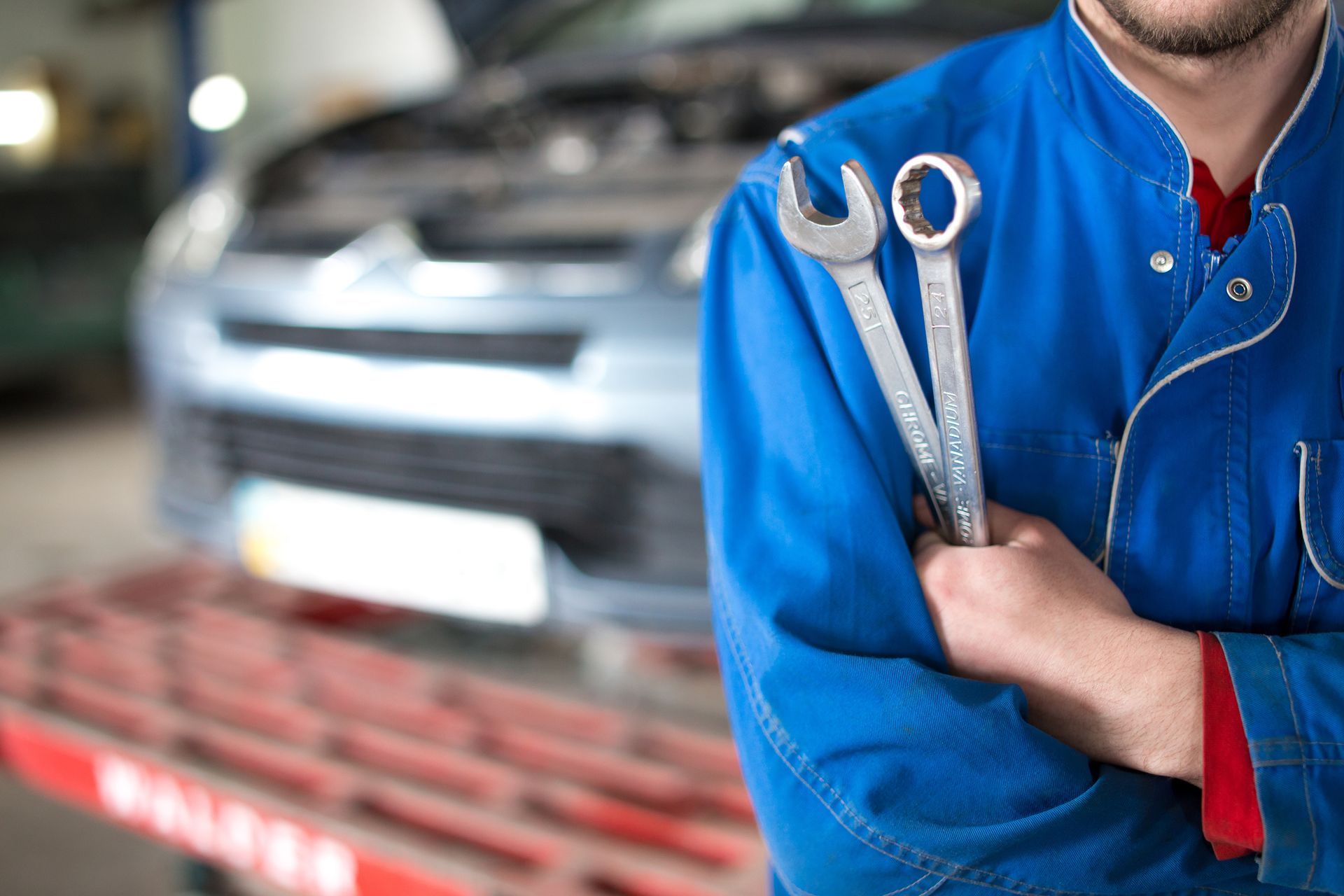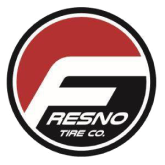Top 5 Signs Your Brakes Need Immediate Attention
Your brakes are your car's most important safety feature. Whether you're navigating busy intersections on Shaw Avenue or making a quick stop in downtown Fresno traffic, reliable brakes can mean the difference between a close call and a serious accident.
Many drivers ignore early warning signs of brake problems, thinking they can wait until their next scheduled maintenance. But brake issues don't get better on their own – they only get worse and more dangerous. Here are the top five signs that your brakes need immediate attention, and what you should do about each one.
1. Grinding or Metal-on-Metal Sounds
What You'll Hear: A harsh grinding, scraping, or metal-on-metal sound when you press the brake pedal. This noise is impossible to ignore and often gets worse the harder you brake.
What's Happening: Your brake pads have worn down completely, and the metal backing plate is now grinding directly against your brake rotors. This is brake pad failure, and it's destroying your rotors with every stop.
Why It's Dangerous: Grinding brakes significantly reduce your stopping power. In Fresno's stop-and-go traffic, this could mean the difference between stopping safely and rear-ending another vehicle. The longer you drive with grinding brakes, the more expensive the repair becomes.
What to Do: Stop driving immediately if possible. If you must drive, do so very carefully and get to a brake shop as soon as possible. Don't wait – this is a safety emergency.
2. Soft or Spongy Brake Pedal
What You'll Feel: When you press the brake pedal, it feels soft, spongy, or goes down farther than usual before the brakes engage. Sometimes the pedal might even go all the way to the floor.
What's Happening: This usually indicates air in your brake lines, brake fluid leaks, or worn brake components. Your brake system relies on hydraulic pressure, and any air or fluid loss compromises this pressure.
Why It's Dangerous: A soft brake pedal means reduced braking power and longer stopping distances. On busy roads like Highway 99 or during Fresno's evening rush hour, this could be catastrophic.
What to Do: Have your brakes inspected immediately. If your pedal goes to the floor, pump the brakes gently to build pressure, but get professional help right away. Don't drive any more than absolutely necessary.
3. Brake Warning Light on Your Dashboard
What You'll See: A brake warning light on your dashboard, usually red and shaped like an exclamation point inside parentheses or the word "BRAKE."
What's Happening: Your car's computer has detected a problem with your brake system. This could be low brake fluid, worn brake pads, or a malfunction in your anti-lock braking system (ABS).
Why It's Dangerous: Dashboard warning lights are your car's way of preventing dangerous situations. Ignoring a brake warning light is like ignoring a fire alarm – the consequences can be severe.
What to Do: Check your brake fluid level first. If it's low, add fluid but still have your brakes inspected immediately. Low brake fluid often indicates a leak or worn brake pads. Never ignore a brake warning light.
4. Vibration or Pulsing When Braking
What You'll Feel: Your brake pedal pulses up and down when you brake, or your steering wheel shakes and vibrates during braking. This is especially noticeable when braking from higher speeds, like when getting off Highway 180.
What's Happening: Your brake rotors are warped, cracked, or unevenly worn. This creates an uneven surface that causes the pulsing sensation as your brake pads try to grip the irregular rotor surface.
Why It's Dangerous: Warped rotors reduce braking efficiency and can lead to brake failure. The vibration also makes it harder to control your vehicle during emergency stops.
What to Do: Have your brakes inspected soon. While not as immediately dangerous as grinding brakes, warped rotors will only get worse and can eventually cause complete brake failure.
5. Burning Smell While Driving
What You'll Smell: A sharp, acrid burning smell, especially after heavy braking or when driving in stop-and-go traffic around Fresno.
What's Happening: Your brakes are overheating due to excessive friction. This could be from riding your brakes, a stuck brake caliper, or brake pads that are glazed over from overheating.
Why It's Dangerous: Overheated brakes can fade or fail completely. Brake fluid can also boil when overheated, creating air bubbles that make your brakes feel spongy or unresponsive.
What to Do: Pull over safely and let your brakes cool down. Don't pour water on hot brakes – this can warp your rotors. If the smell persists or you notice other brake problems, have your brakes inspected immediately.
Additional Warning Signs to Watch For
Squealing or Squeaking Sounds While not as urgent as grinding, squealing brakes often indicate your brake pads are getting thin. Most brake pads have wear indicators that create this sound to warn you before the pads are completely gone.
Car Pulls to One Side When Braking If your car pulls left or right when you brake, you might have a stuck brake caliper, uneven brake pad wear, or brake fluid contamination.
Longer Stopping Distances If you notice it takes longer to stop than usual, your brakes are losing effectiveness. This is especially dangerous in Fresno traffic where you need to stop quickly and frequently.
Why Fresno Driving Is Hard on Brakes
Our local driving conditions put extra stress on brake systems:
Stop-and-Go Traffic - Heavy traffic on Shaw, Herndon, and other major Fresno roads means frequent braking, which generates heat and wears brake components faster.
Extreme Heat - Summer temperatures over 100°F can cause brake fluid to break down and brake components to overheat more easily.
Mountain Driving - Trips to the Sierra Nevada or local foothills require heavy braking on downhill grades, which can overheat brakes quickly.
Dusty Conditions - Central Valley dust can contaminate brake components and cause premature wear.
Don't Wait for Brake Problems to Get Worse
Brake problems never fix themselves. What starts as a minor squeal can quickly become expensive rotor replacement or, worse, a dangerous brake failure. Regular brake maintenance is much cheaper than emergency repairs or accident damages.
When to Schedule Brake Service:
- Any unusual brake noises
- Changes in brake pedal feel
- Dashboard warning lights
- Vibration when braking
- Any concerns about brake performance
The Cost of Waiting
Ignoring brake problems doesn't save money – it costs more. Replacing brake pads might cost a few hundred dollars, but waiting until you need new rotors, calipers, or brake lines can cost thousands. More importantly, the safety risk isn't worth any potential savings.
Get Your Brakes Checked Today
If you're experiencing any of these brake warning signs, don't wait another day. At Fresno Tire Co., our ASE-certified technicians provide thorough brake inspections and honest recommendations about what needs immediate attention versus what can wait.
We've been keeping Fresno drivers safe since 2001, and we understand how local driving conditions affect your brakes. From routine brake pad replacement to emergency brake repairs, we provide fast, reliable service with fair pricing and transparent communication.
Your safety is too important to ignore brake problems. Call us at (559) 762-4441 or visit us at 6632 N Blackstone Ave for professional brake service you can trust. Don't let brake problems put you and your family at risk – let us help you drive safely.


